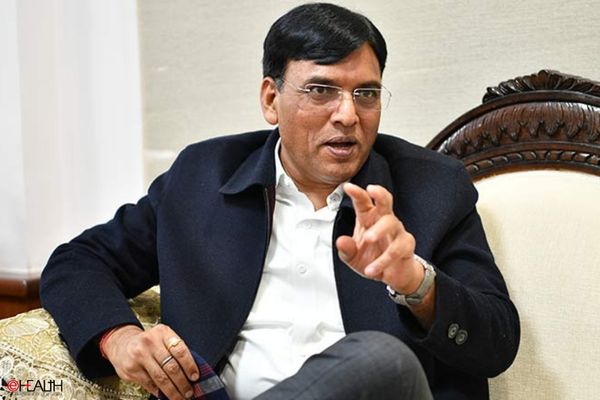The government’s plan to boost research and development using public funds has raised sharp reactions from public interest groups on the commercial rights of the products that would reach the market at the end of such research. Health care activists fear the taxpayer who paid for developing medicines under the scheme may not be able to get them at a fair price if such products are allowed to be patented by its developers. Granting monopoly rights to anyone for products developed using public money is unfair, they say. The Public Funded R&D Projects (Protection of Intellectual Property) Bill is now awaiting Cabinet approval. Groups like Medecins Sans Frontieres (MSF), Delhi Science Forum and People’s Health Movement fear that patenting public-funded inventions may result in additional tax for consumers. The proposed Bill intends to allow incentives to public sector research and development organisations to patent and commercialise their inventions. While the proposed law would enable scientists to benefit from commercialisation of their inventions, such groups want safeguards to ensure that the move does not affect the interests of the people. “Government-funded research is paid for by taxpayers. How are we going to be assured that these people are going to be benefited once these inventions are licensed to companies,” MSF project manager (campaign for access to essential medicines) Leena Menghaney asks. Sources indicate that patient groups’ objection is based on the premise that the Bill includes medical innovation and is likely to increase health care spend and impact affordability of essential medicines.

Be a part of Elets Collaborative Initiatives. Join Us for Upcoming Events and explore business opportunities. Like us on Facebook , connect with us on LinkedIn and follow us on Twitter , Instagram.
"Exciting news! Elets technomedia is now on WhatsApp Channels Subscribe today by clicking the link and stay updated with the latest insights!" Click here!
















